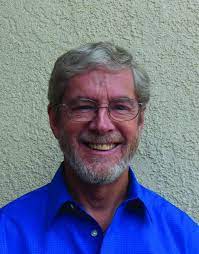
Henry Douglas Brown (born in what is now the Democratic Republic of the Congo) is a professor emeritus of English as a Second Language at San Francisco State University. [1] He was the president of International TESOL from 1980 to 1981, and in 2001 he received TESOL's James E. Alatis Award for Distinguished Service. [1]